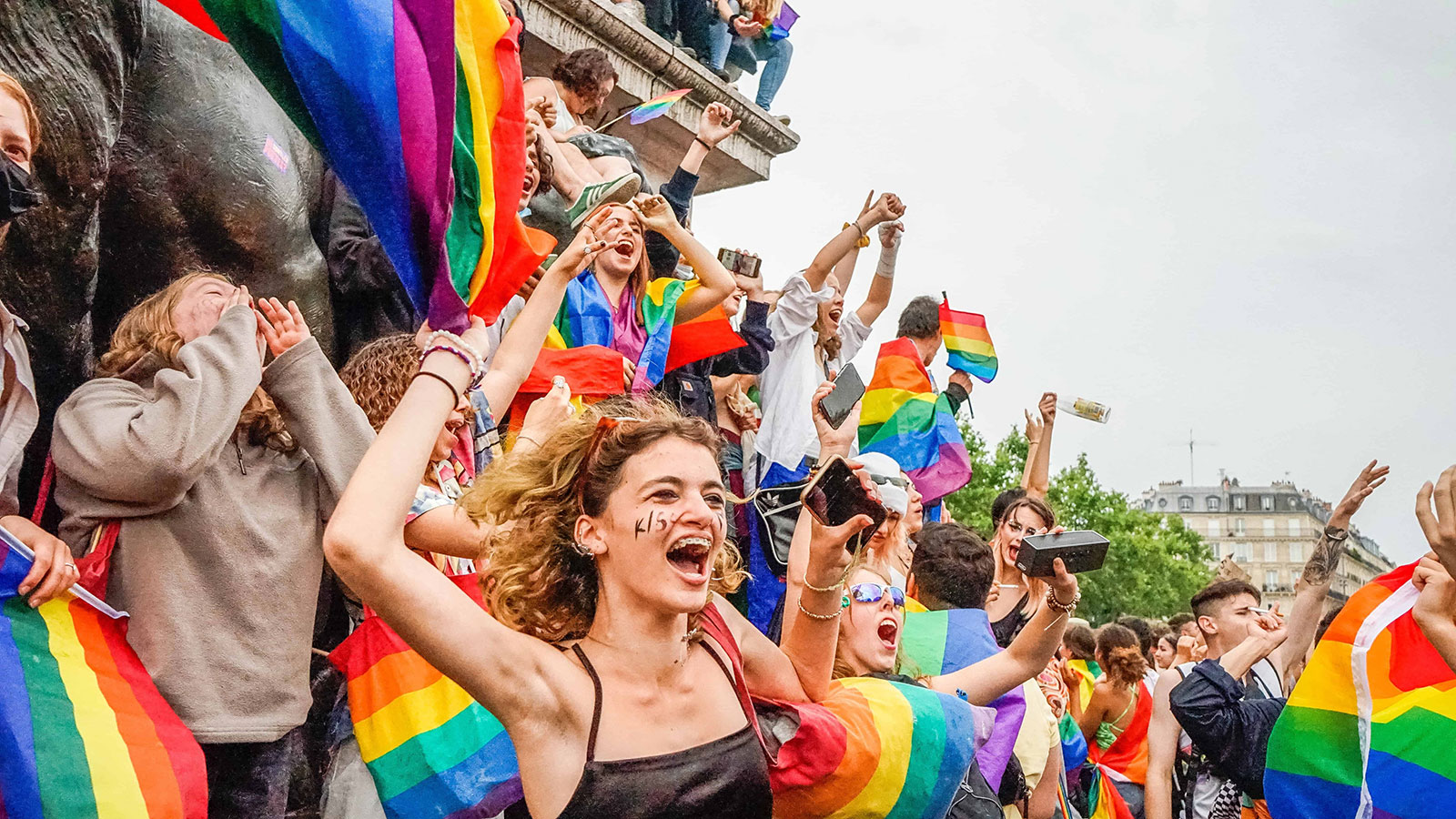By Arabella Usher
As someone who has enjoyed and studied history for years – and continues to do so – it was obvious to me that there is a huge gap in the subject in terms of the history of the community in general. As well as more specific achievements, such as the 2013 Marriage Act. From growing up in a society where the LGBTQIA+ community has become increasingly accepted and talked about, and as education has begun to take steps towards ‘de-colonising the curriculum’, this is no longer the case for some higher education students like me. However, this only stresses the importance of LGBTQIA+ History Month. It is a chance to teach people of all ages and levels of education about the community and its associated civil rights movements, As well as being a way of showing that there have always been people fighting for them. LGBTQIA+ History Month is important to me because it is something I wish I had been taught about when I started questioning my sexuality. Everyone should have the information to feel comfortable enough to question and explore their own sexualities and identities and to know that they are not alone.
Growing up, my only real exposure to the LGBTQIA+ community was through my Auntie. Comfortable in, and proud of her relationship with her wife, she has unknowingly spent the last eighteen years teaching me that it’s okay to accept and be your true self, while making it clear that the opinions of those who don’t agree with who you are or who you love does not matter. In doing so, she has instilled in me that the community we belong to is built on love, and that love will always far outweigh any level of objection. Because of this, the comments of those who do not agree with how we live our lives have not personally affected me very much and I am thankful to have had a role model like her.
However, while I’m very fortunate in this respect, the same cannot be said for all members of the community. LGBTQIA+ History Month is an important observance of the sacrifices that people have made in the past for us to have the ability to live the lives that we do today. It shows people that there are others who want them to be able to live and love freely, and that that love and acceptance is much stronger in comparison to those who do not want them to have that freedom.
LGBTQIA+ History Month is important to me as it plays for others the role that my auntie played for me. It is a chance for community members and allies to come together to recognise the progress and sacrifices made by those who fought for the rights we have today. On this basis, LGBTQIA+ History Month has become and should remain a celebration that allows the community to be proud of the journey that they and those before them have been on, as part of a movement fighting for a world in which everyone can love freely.
Picture Credit: Norbu Gyaching via Unsplash


